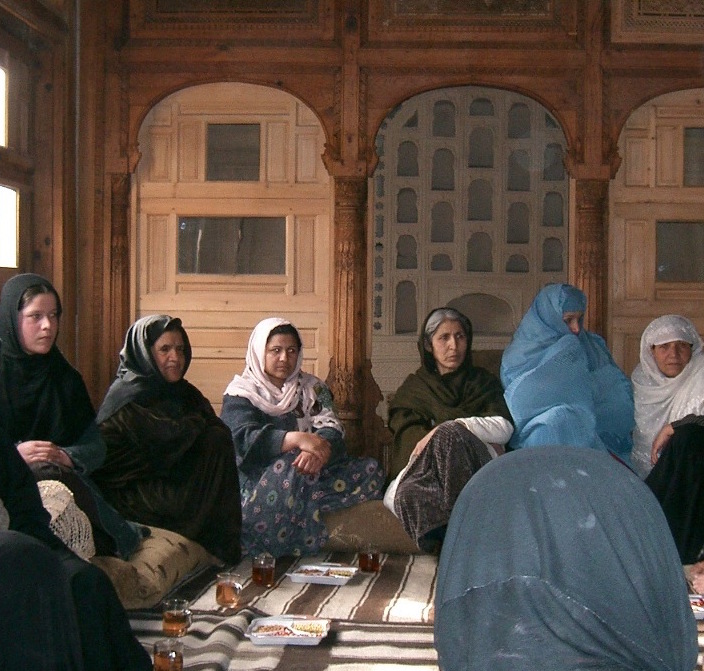
The Feinstein International Center was founded in 1997 with a focus on famine. Our early research showed that famine and food security could not be understood without knowing more about the wider livelihoods and policy contexts. Today, our research has a broad scope that includes nutrition and food security, livelihoods analysis, forced displacement and migration, pastoralism, child protection, gender, human rights, and post-conflict transitions. See our research themes here.
Since the beginning, we have been dedicated to conducting high-quality research in complex settings, training others to conduct and interpret research, and sharing knowledge with policymakers and practitioners. Example of achievements of our affiliated faculty and researchers include:
- We led the development of one of four companion standards to the Sphere Standards, the Livestock Emergency Guidelines and Standards (LEGS). LEGS has been used in almost 50 countries. In the Horn of Africa alone, 17 organizations have formally incorporated LEGS into their policies and procedures.
- Our faculty co-authored the UN report that formed the bedrock of UN Security Council Resolution 1325. This resolution is the most influential international soft law promoting women’s active participation in peace and security issues. It has resulted in over 55 countries and NATO creating national action plans and is used around the world to improve the rights of women and girls.
- We developed the Urban Profiling Methodology, which transformed the field’s understanding of displacement in urban centers. The methodology enables humanitarian agencies to estimate numbers of displaced people and design appropriate assistance programs for refugees and other displaced people.
- We are the home of the Coping Strategies Index (CSI), a revolutionary index of food security. The CSI enables those responding to crises to understand the food security status of large numbers of people in a quick, transparent, low-cost way.
- We introduced the use of academic research to the International Criminal Court (ICC proceedings). Our research and testimony at the ICC in 2018 proved that victims of war crimes in Uganda continue to suffer the effects of these crimes 14 years after they took place. We are now working with those supporting victims to further integrate research into ICC proceedings.
Do you want to stay updated? Subscribe to our newsletter here.
